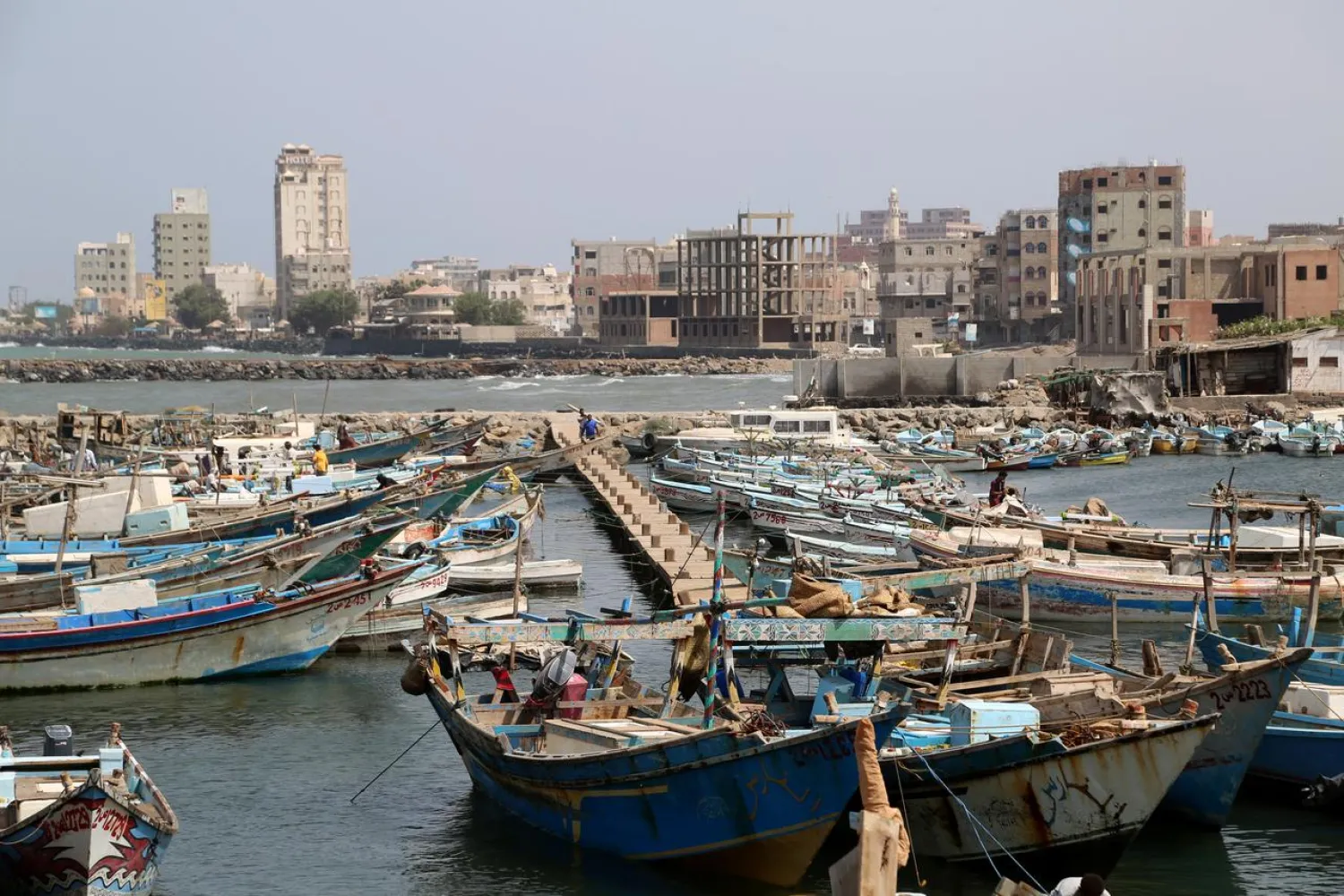The Yemeni legitimate government renewed on Tuesday a decision it made three months ago to suspend its participation in the United Nations Redeployment Coordination Committee (RCC), saying it has not received any assertions from the UN about any solutions to the obstacles hindering the panel’s work.
The government had announced the suspension in March, holding the Iran-backed Houthi militias responsible for the decision. It warned that the militias' recent military escalation and recurrent breaches of the UN-sponsored ceasefire in Hodeidah would thwart the Stockholm Agreement.
The move came after a Houthi sniper shot Colonel Mohammed Abdurrab Sharaf Al-Soleihi, a member of the government team that monitors the truce. He later succumbed to his injury.
“The (Yemeni legitimate) government will stay out of the truce process in the Red Sea port of Hodeidah until the UN mission leading the truce process resolves the Houthi threats to the government ceasefire monitors,” Yemeni Foreign Minister Mohammed al-Hadhrami said on Tuesday.
According to the Yemeni news agency, Saba, the FM made the remarks in a phone conversation with Sweden's Special Envoy for Yemen, Ambassador Peter Semneby.
Al-Hadhrami informed Semneby that since the suspension, the government has not received any updates from the UN mission on what they did to resolve the Houthi threats and obstacles to the ceasefire monitoring process.
He also demanded the UN mission to move their headquarter from areas of Houthi influence to a neutral location.
The minister said his government had positively responded to the efforts of UN envoy Martin Griffiths and accepted his proposals on economic and humanitarian measures.
“The government, in return, found that Houthis had refused to respond to those proposals and instead, continued to escalate,” he said.
Under the UN-sponsored deal signed in December 2018 in the Swedish capital, the Houthis are compelled to defuse landmines and to withdraw from Hodeidah’s seaports and open roads from and to the city in exchange for the Yemeni government halting a major military offensive that had reached Hodeidah city.









